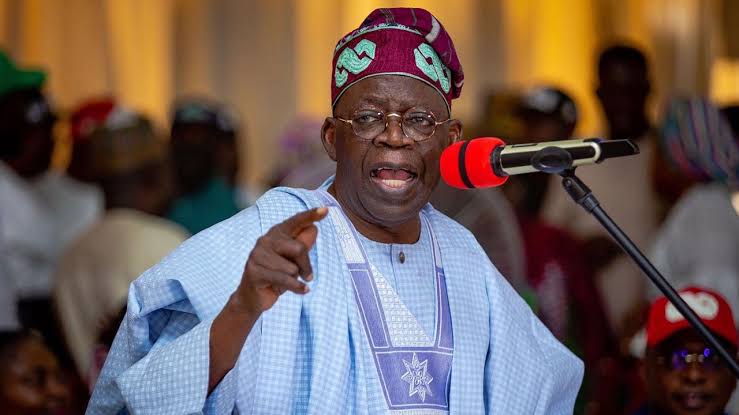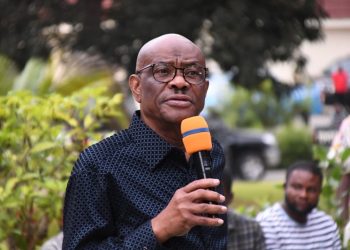Since President Tinubu took office, the Nigerian petroleum landscape has been anything but stable. Every month, there’s a new petrol crisis. Transport costs have doubled, making daily commutes both expensive and frustrating.
What They Are saying
The Nigerian National Petroleum Company Limited (NNPCL) has pointed fingers at a recent thunderstorm for the latest fuel shortage. They claim the storm disrupted the ship-to-ship (STS) transfer of Premium Motor Spirit (PMS), or petrol, between large vessels and smaller ones. This disruption has caused chaos in fuel distribution, affecting everything from jetties to truck deliveries.

According to Olufemi Soneye, NNPCL’s Chief Corporate Communications Officer, the adverse weather has wreaked havoc on supply logistics, leading to long queues in Lagos, Abuja, and other regions. Reports indicate that petrol prices have soared to as high as ₦900 per liter. Private depot owners have jacked up prices from ₦630 to ₦720 per liter, adding to the public’s woes.
Why It Matters
Soneye explained that due to the flammability of petrol and strict regulations from the Nigerian Meteorological Agency (NIMET), loading petrol during storms is impossible. He emphasized that compliance with these safety measures is non-negotiable to avoid catastrophic risks to trucks, stations, and lives.
The recent flooding of key truck routes has only compounded the problem, obstructing the movement of PMS from coastal areas to the Federal Capital Territory, Abuja.
Despite these challenges, NNPCL assures the public that efforts are underway to resolve these logistical issues. Loading has resumed in areas where conditions have improved, and the company is hopeful that normalcy will soon return.
Meanwhile, NNPCL urges motorists to refrain from panic buying and hoarding, promising that a steady supply of petrol will be restored shortly.
Bottom Line
So, while the thunderstorm may have passed, the stormy seas of Nigeria’s petrol market under Tinubu’s watch continue to burn

















